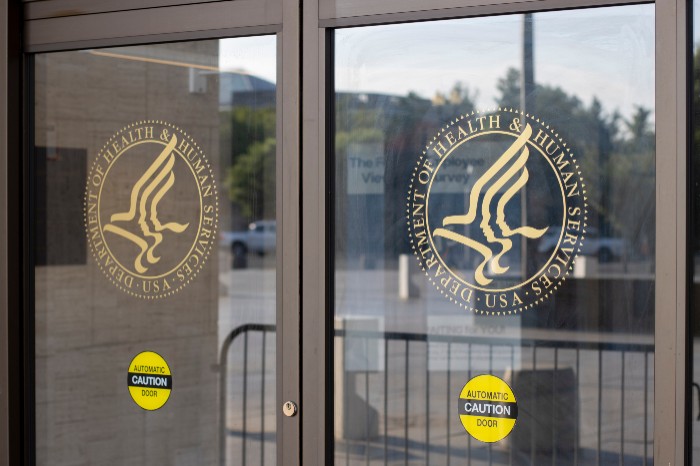HHS pilots seek to complement IRA in lowering drug costs

The Secretary of the US Department of Health and Human Services (HHS) has selected three new models for testing by the Centers for Medicare & Medicaid Services’ (CMS) Innovation Center to help lower the high cost of medicines in the USA.
Xavier Becerra released a report describing these three models to respond to President Joe Biden’s executive order on lowering prescription drug costs for Americans.
"President Biden has made clear, we must build on the new prescription drug law with further action"Mr Becerra said: “HHS is using every tool available to us to lower health care costs and increase access to high-quality, affordable health care.
“We are full steam ahead in delivering the cost savings from the President’s Inflation Reduction Act (IRA) of 2022, and people on Medicare are already feeling the benefits. But as President Biden has made clear, we must build on the new prescription drug law with further action, which is why HHS is implementing these new projects to bring down prescription drug costs.”
The three models described in the report have been drawn up to address the themes outlined in the executive order.
The first is known as the Medicare $2 drug list. Under this model, Part D plans would be encouraged to offer a low, fixed co-payment across all cost-sharing phases of the Part D drug benefit for a standardized Medicare list of generic drugs that treat chronic conditions.
Patients picking plans that participate in the model will have more certainty that their out-of-pocket costs for these generic drugs will be capped at a maximum of $2 per month per drug.
Secondly, under the cell and gene therapy access model, state Medicaid agencies would assign the CMS to coordinate and administer multi-state, outcomes-based agreements with manufacturers for certain cell and gene therapies.
As new therapies come to market, this will help Medicaid beneficiaries gain access to potentially life-changing, high-cost specialty drugs for illnesses like sickle cell disease and cancer.
Finally, the accelerating clinical evidence model would see the CMS develop payment methods for drugs approved under accelerated approval, in consultation with the Food and Drug Administration, to encourage timely confirmatory trial completion and improve access to post-market safety and efficacy data.
This would reduce Medicare spending on drugs that have no confirmed clinical benefit.
The CMS Innovation Center is asking for feedback on these ideas and will continue research into the design and feasibility of the models.
15-02-2023



